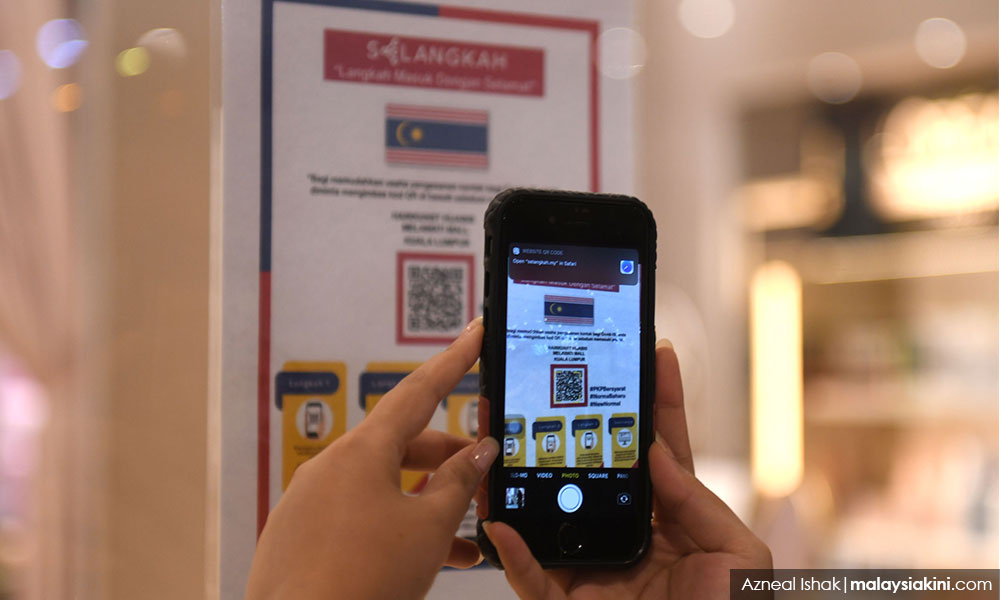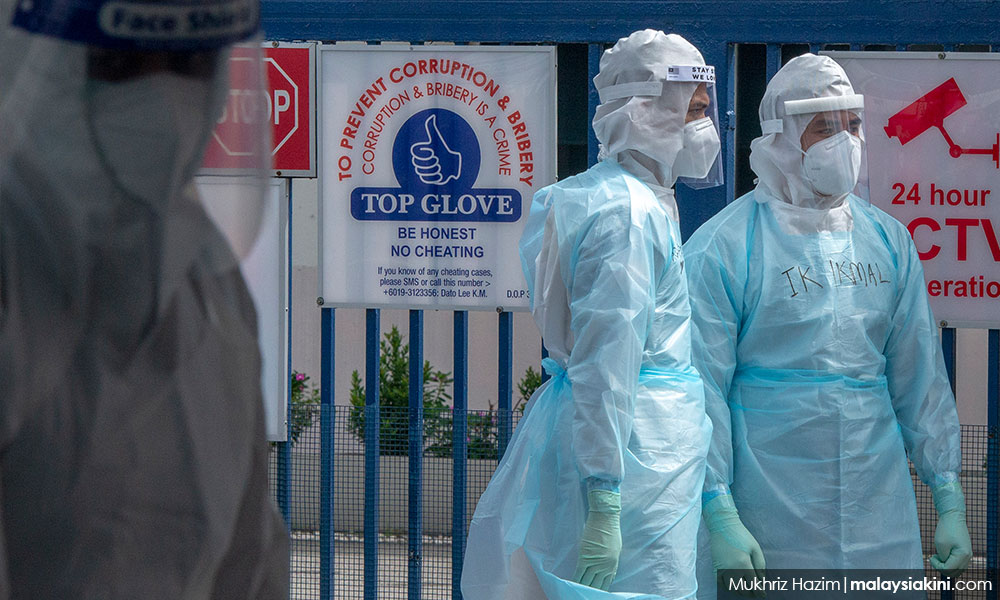Risk to green zones manageable despite MCO rules contradictions - experts
The new set of standard operating procedures (SOPs) for Covid-19, which came into effect yesterday following the lifting of the conditional movement control order (MCO) in most states in the country, appears to have some contradictions.
Some examples of the contradictions include allowing interstate and inter-district travel even between areas under the recovery MCO and those under the conditional MCO, and allowing the number of passengers in a car based on the car’s capacity, but still requiring people to sit one metre apart at restaurants.
These contradictions may pose a risk of spreading Covid-19 to green zones, but health experts have said the risk is manageable thus far.
They also said that the public has to adapt to living with the virus as there is a need to balance lives and livelihood.
“Interstate travel is a risk for people in green and yellow zones, but it is a calculated risk.
“We need to learn to live with the virus as they have done in Japan and Taiwan. The targeted enhanced movement control order (MCO) in red zones should mitigate this risk,” Malaysian Pharmaceutical Society president Amrahi Buang told Malaysiakini.

Amrahi said that the risk to green and yellow zones can be reduced as long as the government strictly controls and monitors enhanced MCO borders as well as strict compliance to the SOP across the board.
Under the SOPs, movement into and out of areas under enhanced MCO is not allowed, whereas those in the recovery MCO and the conditional MCO can move between the two areas as they please.
Dr Sanjay Rampal, a professor of epidemiology and a public health medicine specialist from Universiti Malaya, said the main pillars for preventing Covid-19 are border control, physical distancing, good hand and respiratory hygiene and the usage of appropriate personal protective equipment (PPE).
Despite that, he explained that the government’s decision to relax travel restrictions was based on how Covid-19 appears to be currently spreading.
“The government’s move to relax travel restrictions is appropriate based on current transmission dynamics.
“Our transmission appears to be majorly driven by infections within closed-system populations such as prisons, detention centres and hostels.
“The outbreaks appear mainly cluster-based with no high widespread community transmission,” Sanjay said.
“We have to balance the benefits of national interventions with its associated financial, economy and psycho-social costs,” he added.

The spike in Covid-19 cases recently has mainly been attributed to several prison clusters, as well as the Teratai cluster, which involves factory workers who mostly live in workers’ dormitories. The Teratai cluster is currently the largest cluster so far, with over 5,000 cases.
Senior consultant respiratory physician and the deputy dean of undergraduate studies at the Faculty of Medicine at the Universiti Kebangsaan Malaysia Dr Roslina Abdul Manap acknowledged that there is an increased risk of transmission when there is more movement in the population.
Despite that, like the others, Roslina also believes that this needs to be balanced by the need to revive the economy, which has suffered badly during the pandemic.
“Therefore, there must be measures to mitigate this risk, for example, by better compliance with the SOPs, more efficient testing, tracing and isolation of contacts and effective communication to engage with all levels of society,” she said.
Roslina pointed to the third wave in the Klang Valley as an example of the risk mitigation that the government had undertaken previously.
Klang Valley’s third wave was partly attributable to those returning from Sabah who had unknowingly acquired Covid-19 there, she said.
“These were later mitigated by instituting effective testing and quarantine measures. Therefore, apart from adhering to the SOPs, prompt testing, tracing and isolation are key (factors to control the spread).
“Cost-effective strategies for testing of the wider population for surveillance purposes also need to be developed,” Roslina said.
On the other hand, Islamic Medical Association Malaysia president Dr Jeffrey Abu Hassan said the MCO’s purpose of containing the spread will not be achieved with such contradictions in the SOPs.
“(The MCO’s purpose will not be achieved) unless car occupants are from a single household only and people in recovery MCO areas are not allowed to visit conditional MCO areas and vice-versa,” he said.
Jeffrey said those in the green zones would be endangered unless there are restrictions to the examples he gave.
“This relaxation (of the SOPs) is an admission that we have to live with the virus and allow economic activities to continue at full speed,” he said.
Last Saturday, the government announced that most states would revert to the recovery MCO from the conditional MCO, starting yesterday, citing economic pressure.
At the time, Defence Minister Ismail Sabri Yaakob had said the country’s GDP would lose RM300 million each day if the conditional MCO were to continue. - Mkini
✍ Credit given to the original owner of this post : ☕ Malaysians Must Know the TRUTH
🌐 Hit This Link To Find Out More On Their Articles...🏄🏻♀️ Enjoy Surfing!




















Post a Comment